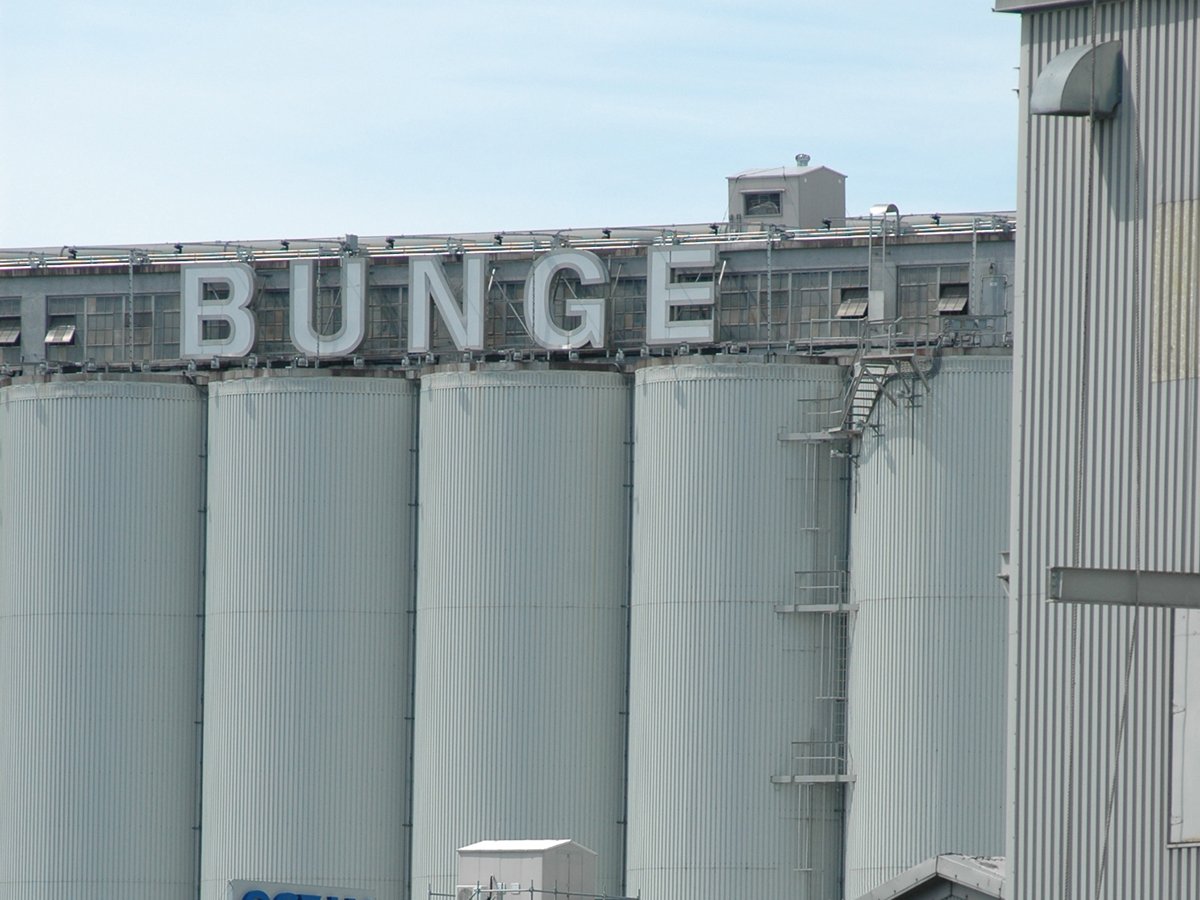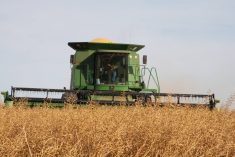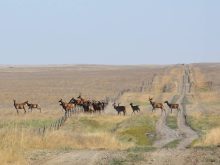The prospect of a federal election this summer has left Sinclair Harrison less than thrilled.
The president of the Farmer Rail Car Coalition says a trip to the polls in June would mean more delay in fulfilling Ottawa’s 1996 pledge to sell its fleet of 13,000 grain hopper cars.
“It just drags on and on,” he said.
The federal government first raised the idea of selling its grain cars in February 1995, an idea that was formalized a year later in the federal budget when Ottawa announced it would invite bids from interested parties.
Read Also

Bunge’s crop mix is changing
Bunge has predominantly been a soybean processing firm, but that’s about to change after the merger with Viterra with softseed processing and grain merchandising gaining ground.
After it was revealed that the operating agreement between Ottawa and the railways gave the rail companies first right of refusal on the cars, the government put the sale off until 2002 to allow the agreement to expire.
In October 2002 the coalition submitted its business and financial plans to Transport Canada and since then has continued to meet regularly with government and industry officials to explain and promote its proposal.
The coalition has received verbal support from a number of federal cabinet ministers, including finance minister Ralph Goodale, Canadian Wheat Board minister Reg Alcock and agriculture minister Bob Speller.
But the government has yet to release the formal terms and conditions for the purchase of the cars, leaving the coalition and other prospective buyers in limbo.
“We’ve done everything we’re supposed to do and feel we’ve co-operated on this with our business and financial plans,” Harrison said.
“We just wish they’d make a decision. If you can’t come to a decision in eight years, obviously somebody’s dropping the ball along the way.”
Harrison said there have been signs the government is getting close to moving ahead with the sale.
For example, Ottawa recently commissioned a national consulting firm to evaluate the coalition’s business and financial plans, which have been in the government’s hands for 18 months.
“That leads us to believe they’re getting serious about doing something.”
He said the lengthy delay has been a financial strain for the coalition, which is made up of 15 farm and rural organizations. It has to keep spending money on staff and travel and has taken steps toward hiring a fleet maintenance manager and human resources and computer support.
“You don’t want to be caught flat footed,” Harrison said.
“You have to be ready to go, but it means we’re spending money without knowing when money is going to start coming in.”
In recent weeks the coalition has met with officials from both national railways to talk about a variety of policy and operational issues that would have to be dealt with if the coalition was to buy the cars, including lease arrangements, car allocation, car ordering systems, maintenance procedures and fleet replacement.
Canadian National Railway spokesperson Jim Feeny described it as an “exploratory” meeting at which the rail company wanted to gain a better understanding about the coalition’s business and operating plans.
“It answered some questions but certainly not all,” he said of the mid-April meeting in Edmonton.
“There are still a number of concerns that need to be addressed.”
He said he can understand why the coalition might want to keep some aspects of its business plan confidential, given that the railways are potential competitors in bidding to buy the cars.
“But if they’re looking for CN to support the idea, there are a number of very significant issues that need to be addressed.”
Neither national railway has said whether it intends to bid.
Feeny said CN is not concerned about the length of time it has taken Ottawa to decide what to do with the cars.
“The status quo is acceptable to us,” he said, adding the railway has no objection to the coalition owning the cars as long as they are sold through an open, transparent, commercial bidding process, and the coalition demonstrates its ability to operate and manage the fleet properly.














